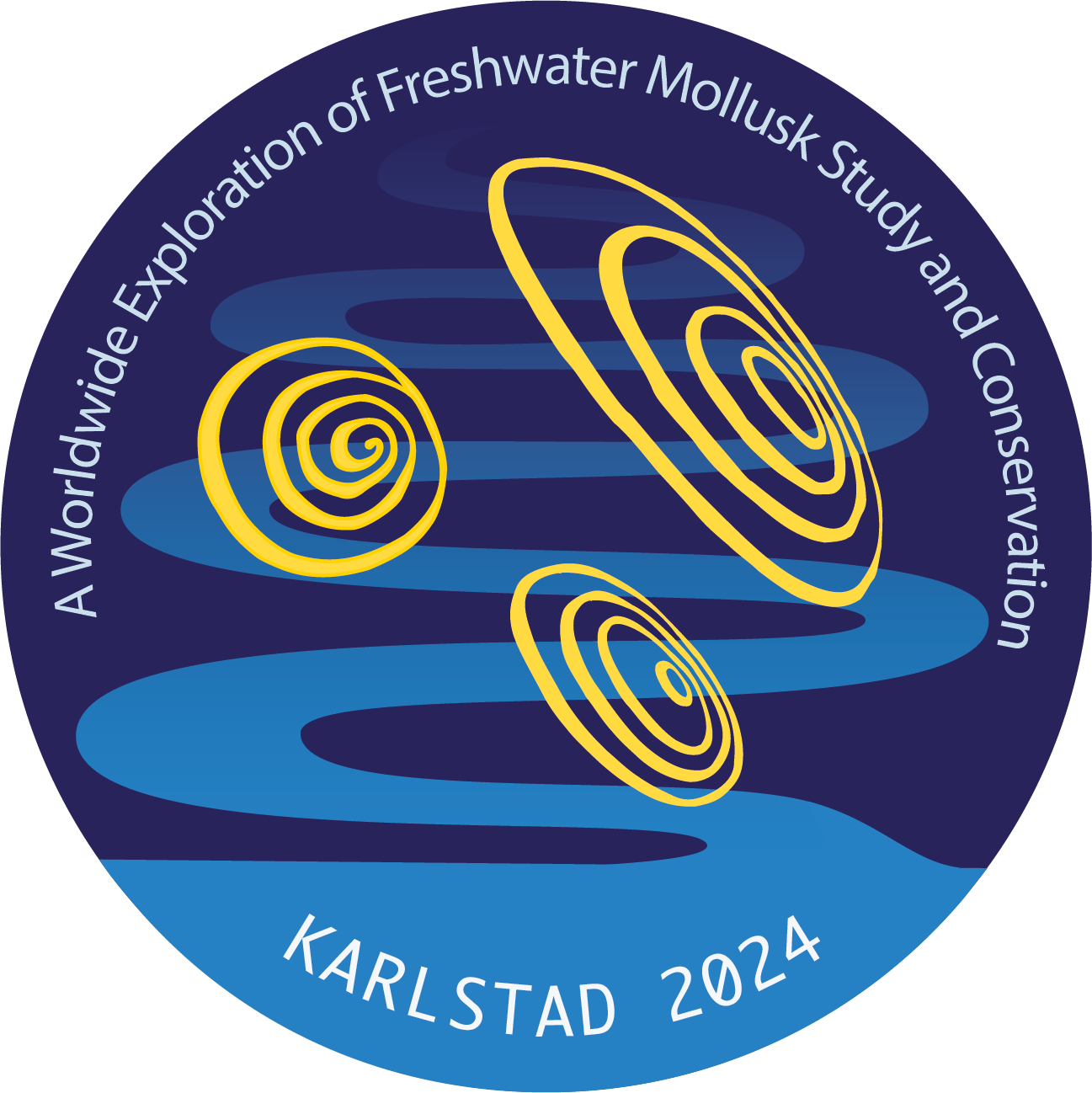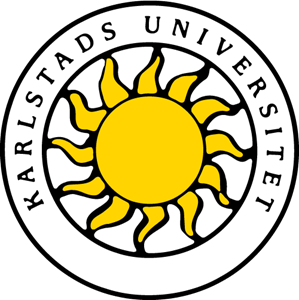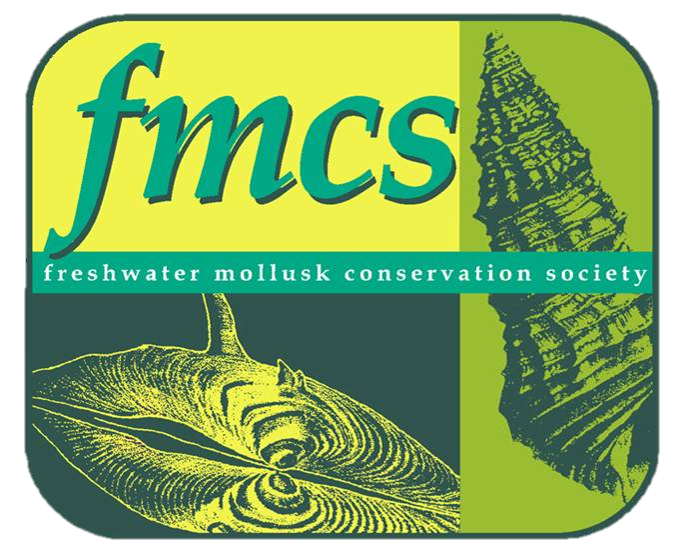

2nd European Freshwater Mollusk Conservation Society Meeting
A Worldwide Exploration of Freshwater Mollusk Study and Conservation
17 – 20 September, 2024
Karlstad University, Karlstad, Sweden
Welcome to the 2nd European Mollusk Conservation Society meeting, a worldwide exploration of freshwater mollusk study and conservation! Hosted by Karlstad University in the sunny Swedish city of Karlstad, we hope to connect international mollusk researchers, stimulate further international collaborations and much more, both in-person and online!
Important Dates
Abstract submission: CLOSED
Registration ends: CLOSED
Conference Booklet
Journal Special Issue!
The journal Diversity (IF: 2.4; CS: 3.4) is preparing a special issue “Advances in Freshwater Mollusk Communities”! Currently unpublished abstracts for oral and poster presentations submitted to the conference will have the opportunity to submit manuscripts to the journal special issue. More information will follow!

Keynote Speakers
David Aldridge – University of Cambridge, UK
Presenting:
Invasive freshwater bivalves: Impacts, management and future perspectives
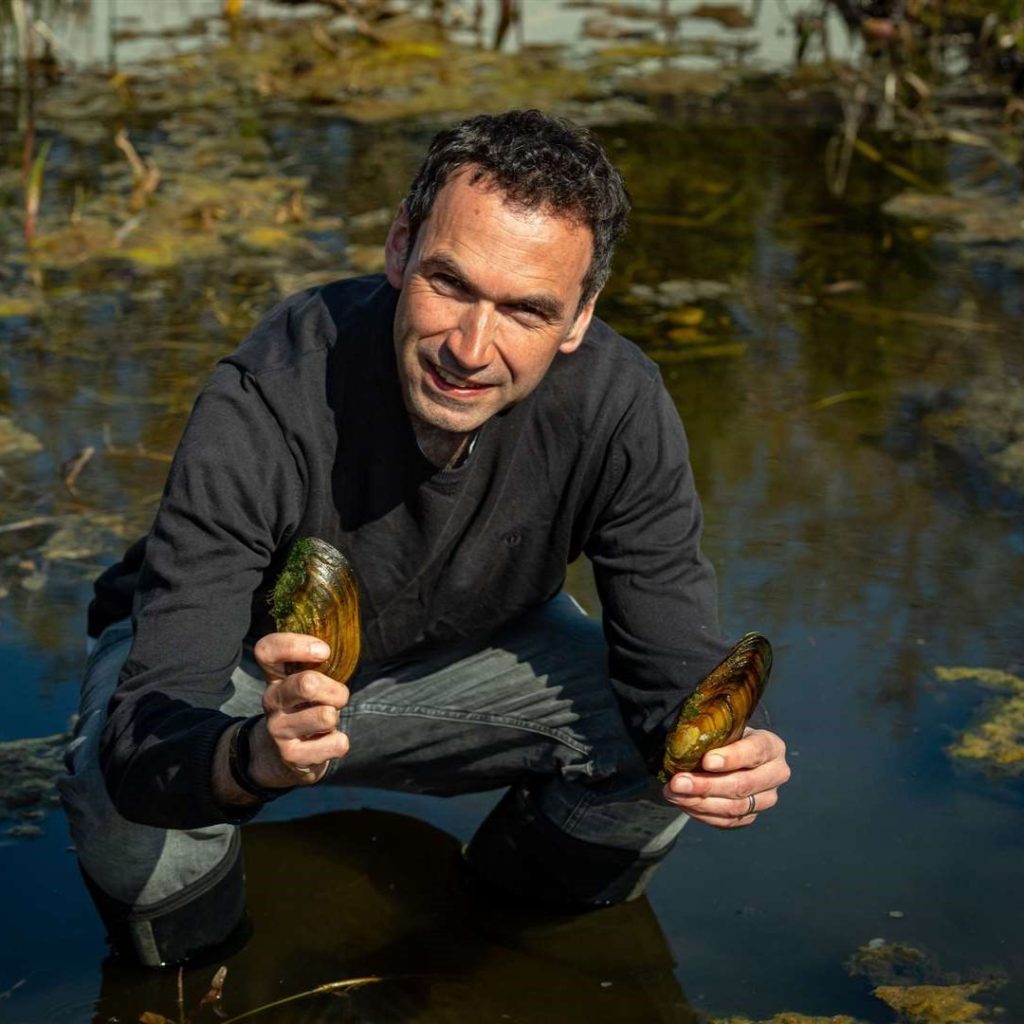
Prof. David Aldridge’s work focuses on applied freshwater ecology, with a particular emphasis on bivalve mollusks. His primary interests are the conservation of rare species and threatened ecosystems, the biology and control of invasive species, and the use of biological processes to develop sustainable remediation and monitoring programmes for degraded water bodies. A considerable part of his work involves collaboration with the water industry, government agencies and NGOs. While the end-points of his work often have important applications, his research is driven by an enthusiasm for addressing fundamental questions in pure biology and ecology. David is a director and co-founder of BioBullets Ltd., a company that has developed a novel and environmentally-friendly way of controlling some of the world’s biggest aquatic pests.
Carla Atkinson – University of Alabama, USA.
Presenting:
Freshwater mollusk conservation in the face of global change: Identifying challenges and solutions
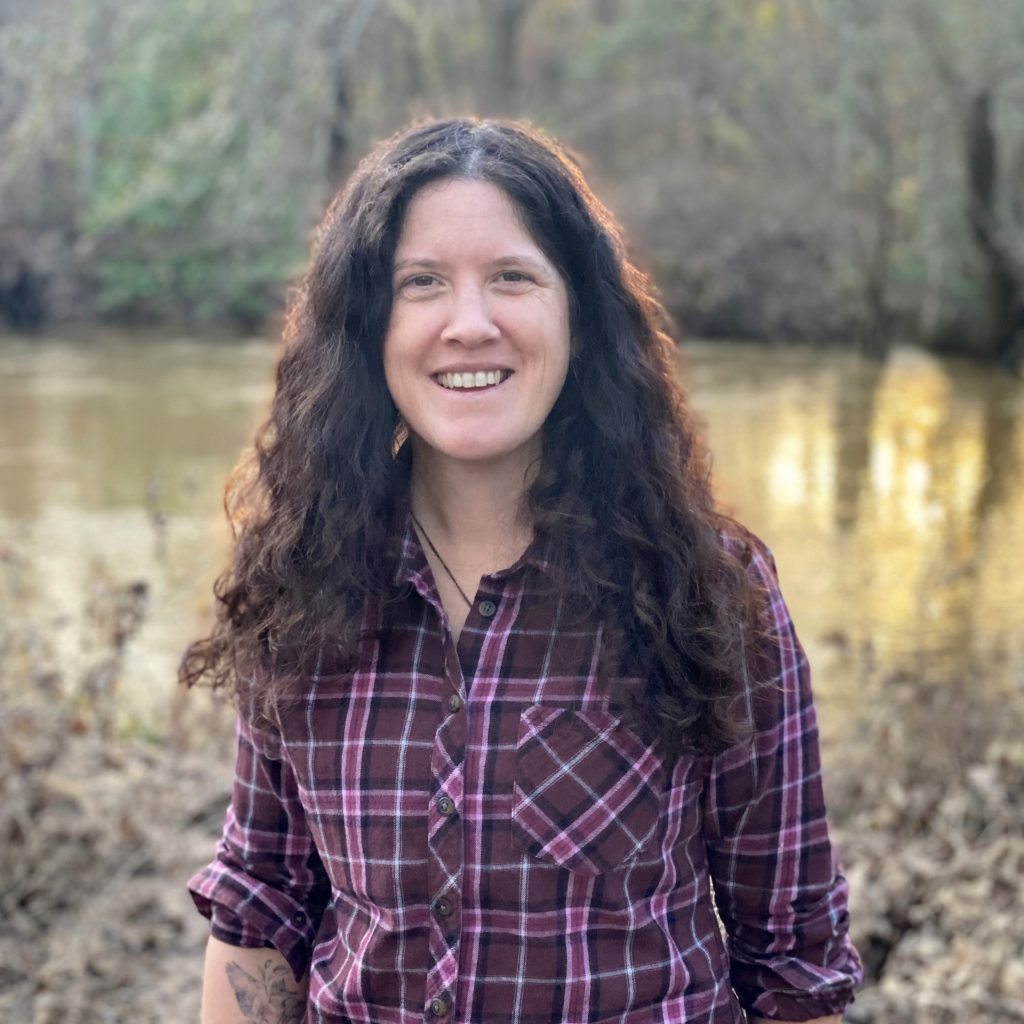
Dr. Carla Atkinson’s research encompasses a broad set of long-standing questions in ecology such as the linkages between community structure and ecosystem function, food web structure and dynamics, landscape scale patterns dictating community assembly, and the importance of interactions between ecology and evolution for community and ecosystem processes. To address these questions, her lab employs a combination of observational approaches, field experiments, mesocosm, and laboratory studies. The fundamental theme linking these diverse topics in both basic and applied ecology is her deep interest in the role biodiversity plays in ecological function.
Wendell Haag – U.S. Forest Service, USA
Presenting:
Assessing stream health and mussel fitness with in site exposures and shell thin sections
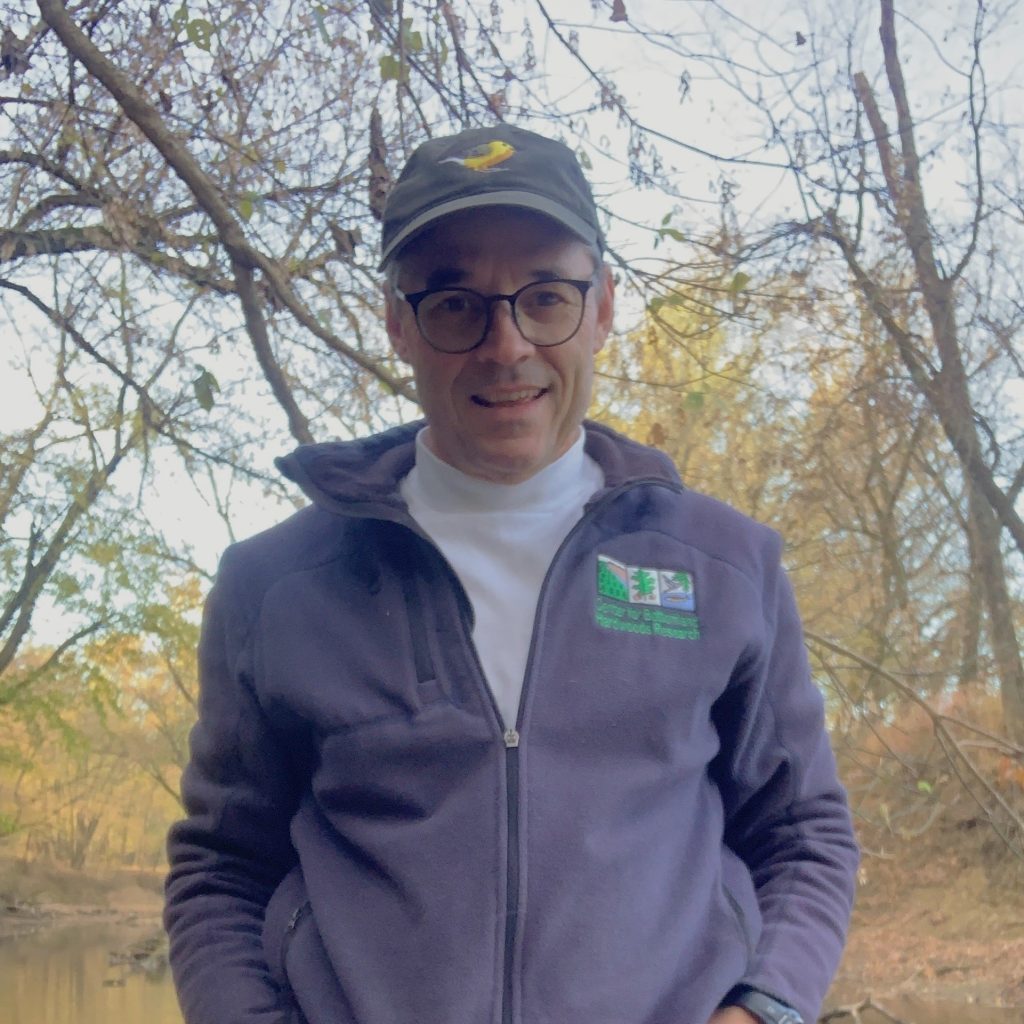
Dr. Wendell R. Haag has authored over 60 peer-reviewed papers, chapters, and books, including North American Freshwater Mussels: Natural History, Ecology, and Conservation (2012). His current research focuses on identifying causes and mechanisms of mussel declines. He served as Editor of Freshwater Mollusk Biology and Conservation from 2012–2024 and Associate Editor of Freshwater Science from 2009–2015. Honors include the Presidential Early Career Award for Scientists and Engineers (2008) and the Freshwater Mollusk Conservation Society Lifetime Achievement Award (2023).
Dan Hua – Tennessee Wildlife Resources Agency, USA
Presenting:
Propagation, Culture, and Monitoring of Critically Endangered Freshwater Mussels for Restoration
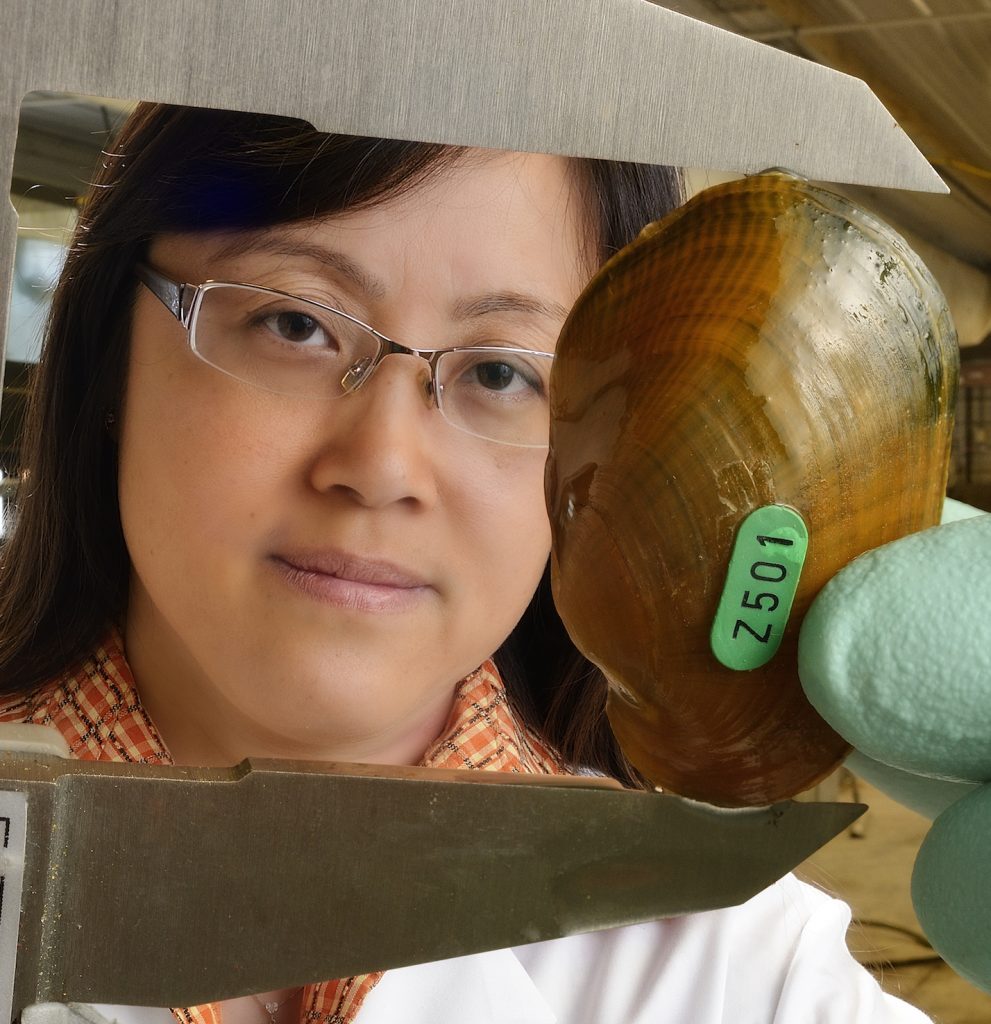
Dr. Dan Hua was an Associate Professor at the Freshwater Fisheries Research Center in China before coming to the USA as a visiting scholar in 2003. Her research focuses on the conservation and restoration of endangered freshwater mussels to preserve biodiversity and prevent further extinctions. She specializes in the propagation of critically endangered species through traditional methods and in-vitro culture, aiming to achieve significant advancements in producing juvenile mussels for restoration.
Niklas Janz – Stockholm University, Sweden
Presenting:
“The Parasite Paradox”
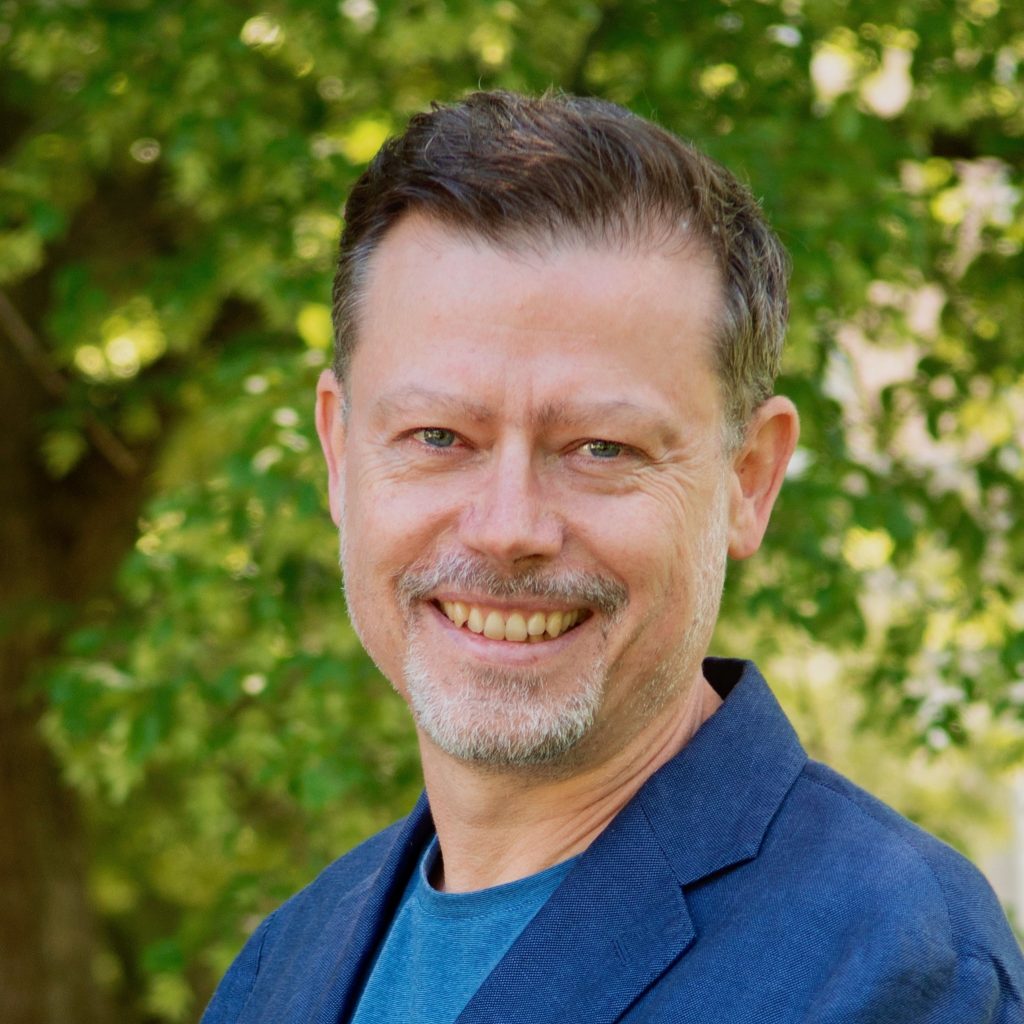
Prof. Niklas Janz’s research spans the interaction between plant-feeding insects and their host plants, primarily on host specialization, host shifts and specialization, and the potential link between these processes. The approach is broad, and has involved behavior, life-history, genomics and phylogenetics, and the overarching goal has been to understand why plant-feeding insects – and indeed parasites in general – are so species rich. One result of this work is ”the oscillation hypothesis”, which has become one of the major explanations for host-associated diversification.
Manuel Lopes-Lima – University of Porto, Portugal
Presenting:
Integrating Phylogeny, phylogeography, and genetic diversity: A comprehensive approach to freshwater mussel conservation
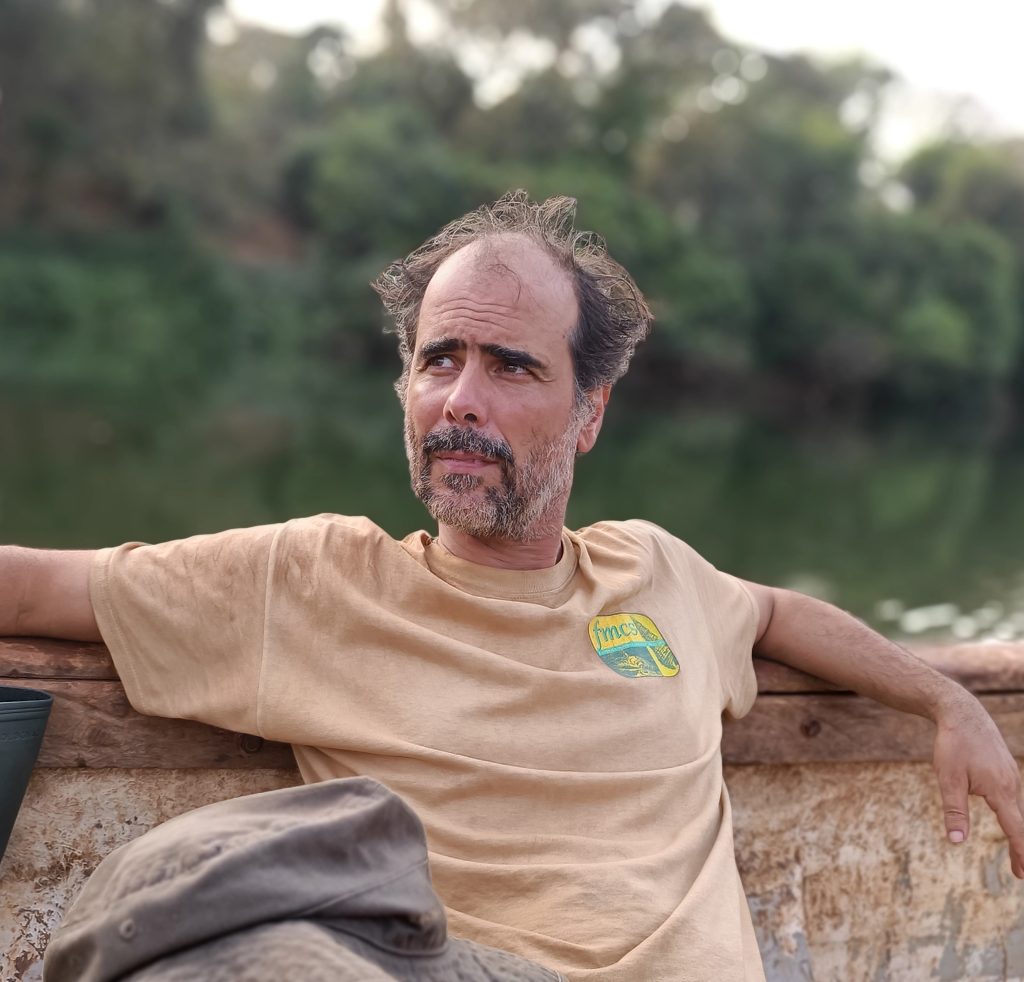
Dr. Manuel Lopes-Lima is the Group Leader of the FRESHCODE – Freshwater, Conservation, Diversity and Evolution Group at CIBIO/InBio – Research Centre in Biodiversity and Genetic Resources, University of Porto. He is also the (IUCN/SSC) Coordinator of the Freshwater Bivalve Red List Authority within the Molluscs Specialist Group. He is a molecular ecologist whose research group is engaged in the global conservation of freshwater species and ecosystems, with a particular focus on freshwater mussels. Their research interests include phylogeny, phylogeography, genetic diversity and ecophysiology. He has been involved in numerous freshwater conservation projects across five continents and is a vocal proponent of international research initiatives focused on this faunal group.
Scope
Mollusks are the second most species rich animal phylum on earth, and have a wide variety of adaptations and ecological niches in their terrestrial and aquatic environments. The freshwater mollusks provide many important ecosystem functions and services; however, their highly endangered status, mainly caused by anthropogenic factors, means that their impact on the environment is in drastic decline. To combat this, conservation and reintroduction practices need to be developed and implemented to reduce and reverse their drastic population declines. Nonetheless, conservation strategies for freshwater mollusks are hampered by a lack of key information surrounding freshwater mollusk biology and ecology. In recent decades there has been an increased interest in studying these animals; integrating the knowledge from researchers and conservationists is a key for scientific progress. This conference aims to connect international freshwater mollusk researchers and conservationists to stimulate more international collaborations, and to help global policy makers establish policies and guidelines for future mollusk conservation efforts.
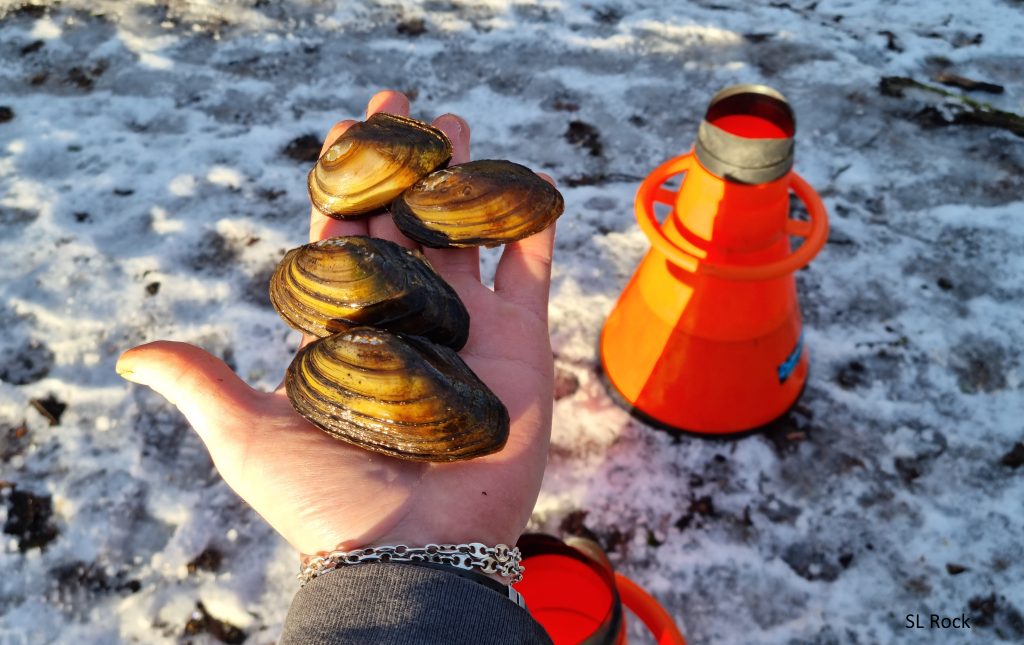
Goals
1. To bring together international experts in biology and conservation of freshwater mollusks that, through the present and forthcoming conferences and debates, will be able to create a network of knowledge with the final goal of develop collaborative projects and eventually global directives for the protection and conservation of this important faunistic group.
2. To provide an incentive for non-North American freshwater malacologists to become members of FMCS and participate in planned activities, symposia, publications and workshops.
3. To set up a subcommittee within the society of local malacologists – e.g. initially from Europe, but to be expanded to other continents around the world – to provide structure and communication about resources, lobbying, collaboration and outreach. This will facilitate answering key questions and developing techniques to address the same or similar problems encountered across freshwater molluskan research.
4. To arrange joint international meetings around the world. The first four international freshwater bivalve meetings (Baltimore, Maryland, 2009; Bragança, Portugal, 2012; Buffalo, NY, 2015; and Verbania, Italy, 2018) were exciting and fun with a very good international participation. With the 2024 international meeting at Karlstad University in Sweden, we want to expand the focus on bivalves including all the freshwater mollusks and thereby further improve the building of an international network.
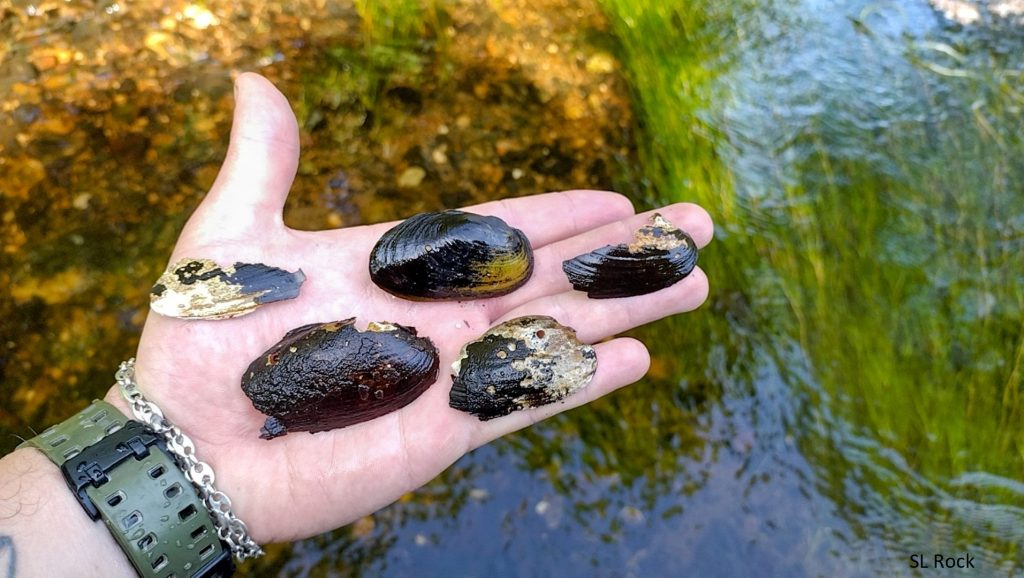
Prices
In person participation for FMCS members
| Early Bird Registration for Students & Retirees | 3000 sek | ~260 eur |
| Early Bird Registration for Regular Participants | 4500 sek | ~380 eur |
| Standard Registration for Students & Retirees | 4250 sek | ~370 eur |
| Standard Registration for Regular Participants | 5750 sek | ~490 eur |
In person participation for non-FMCS members
| Early Bird Registration for Students & Retirees | 3500 sek | ~300 eur |
| Early Bird Registration for Regular Participants | 5500 sek | ~480 eur |
| Standard Registration for Students & Retirees | 4750 sek | ~410 eur |
| Standard Registration for Regular Participants | 6750 sek | ~590 eur |
Virtual participation
| Virtual participation | 2400 sek | ~260 eur |
Ticket price includes costs for Reception, Coffee breaks, Lunches and Conference dinner.
Social Excursion
There will be a trip to several mussel streams where measures such as dam removal, fauna passage and habitat restoration have been carried out. The trip also includes lunch and a cultural visit. Register for the trip when registering for the conference.
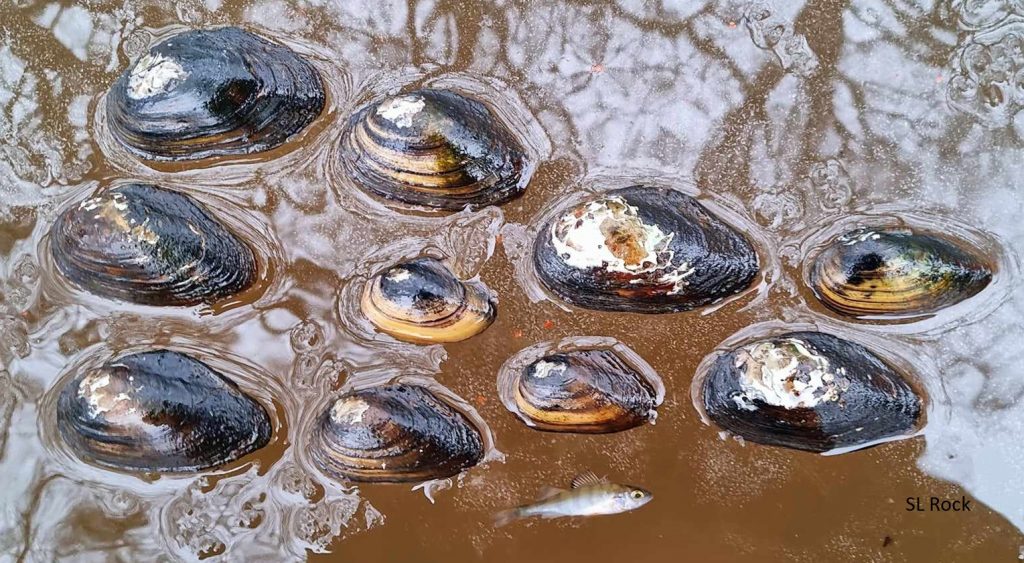
Become a Member of FMCS
Become a member of the Freshwater Mollusk Conservation Society (FMCS) at the link below to receive a discount when registering for the 2nd European Freshwater Mollusk Conservation Society Meeting!
Each Friday, a list of new & current FMCS members will be sent to meeting organizers. The following Monday, new members can register for the September 17-19 event at a lower rate.
Schedule
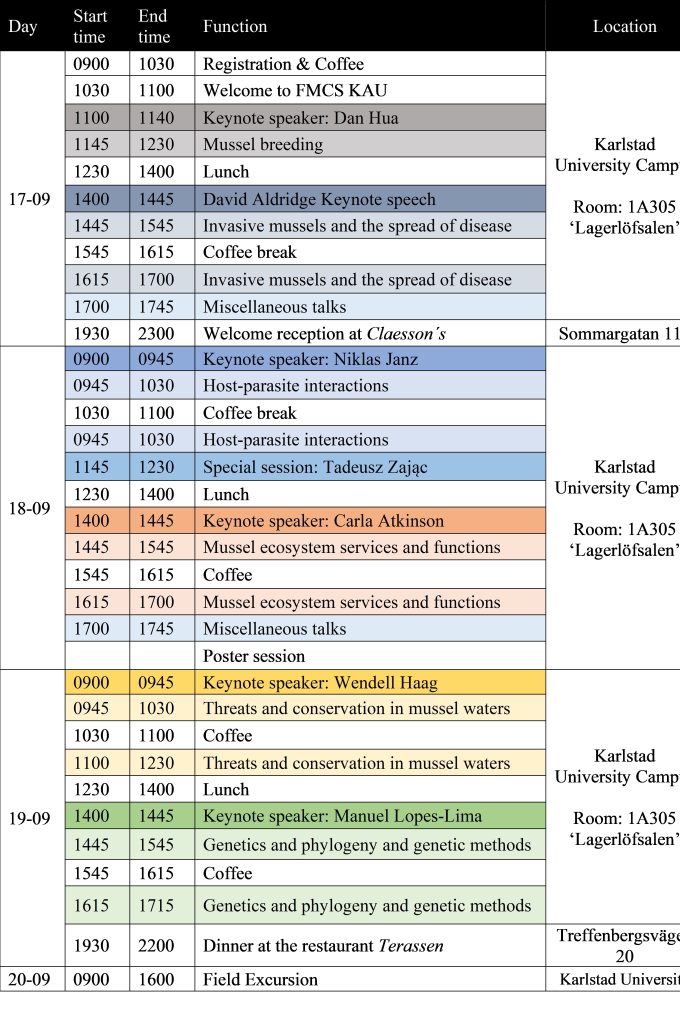
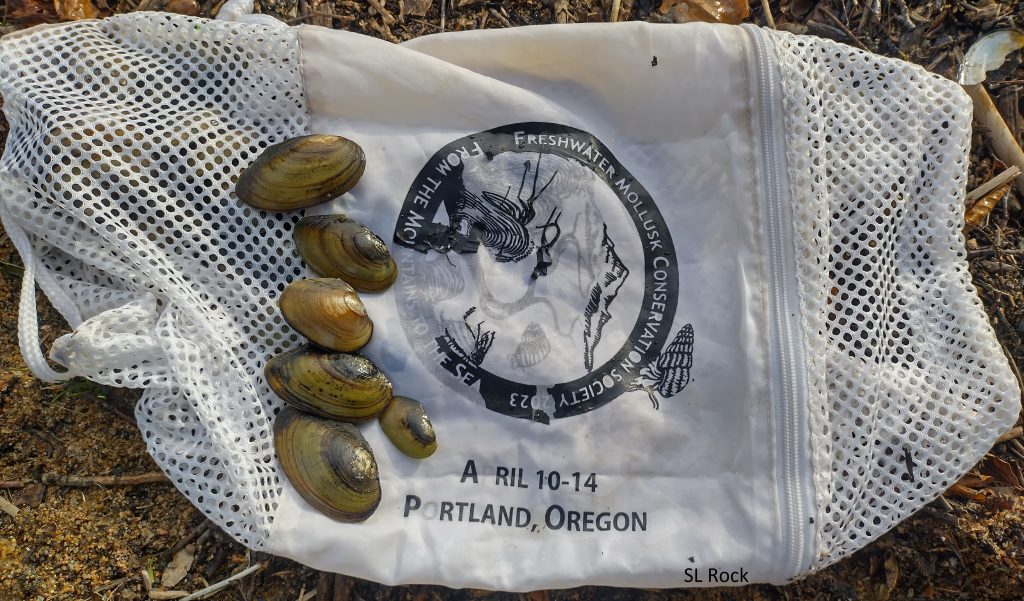
Additional Information
The city of Karlstad is very sunny city located in hilly forests between Stockholm and Oslo, surrounded by a vast variety of stream and lakes. The city is located on the delta of the River Klarälven (the longest Swedish river) as is enters Lake Vänern (the largest lake in the European Union). Karlstad has been an important city since the viking age, and their artifacts and burial mounds can be found scattered in the forests still today!
Traveling to Karlstad
Travelling from Stockholm (Arlanda)
After arriving at Arlanda, there is a direct bus to Karlstad (bus station) which takes ca 4h 15 min. Check Vybuss.com for itinerary and to buy bus tickets. You could also chose to take a train, typically, traveling by train will involve switching trains in Stockholm (central station). Check sj.se for trains and tickets to Karlstad Central.
Travelling from Gothenburg/Göteborg (Landvetter)
After arriving at Landvetter, book a bus ticket at Flygbussarna.se for transfer from Landvetter to Nils Ericson terminalen (Gothenburg central station). From Göteborg Central station take a SJ train (sj.se) to Karlstad Central (ca 2.30 min with direct train).
Travelling from Oslo (Gardemoen)
https://avinor.no/en/airport/oslo-airport/to-and-from-the-airport/train-buss-and-taxi/trains
After arriving at Gardemoen, there is a shuttle bus to Oslo central station (Oslo S) ca 20 min. After arriving at Oslo S you can take a direct train from Oslo S to Karlstad central station (ca 3h30m with direct train). Check sj.se for trains and tickets to Karlstad Central.
*Check connections and transfer before booking flight tickets. The Swedish train service (SJ) usually releases tickets 3 months in advance, so tickets will be released during the summer.
Book your stay in Karlstad at either the Elite Stadshotellet Karlstad or Scandic Hotel City. To take advantage of the conference package we have arranged with the hotels, use the booking reference provided during registration.
The conference venue is located in the Karlstad University Campus. Travel between hotels in the city center and the conference venue is most easily done with the local bus service (the red buses). Bus tickets can be purchased from ticket booths next to certain bus stops, directly from the driver or, most conveniently, through the dedicated app Karlstadbuss. Buses 1, 2 and 3 (in that order) all easily connect the city center with the university campus.
NB: The bus stop Campus is not the university campus.
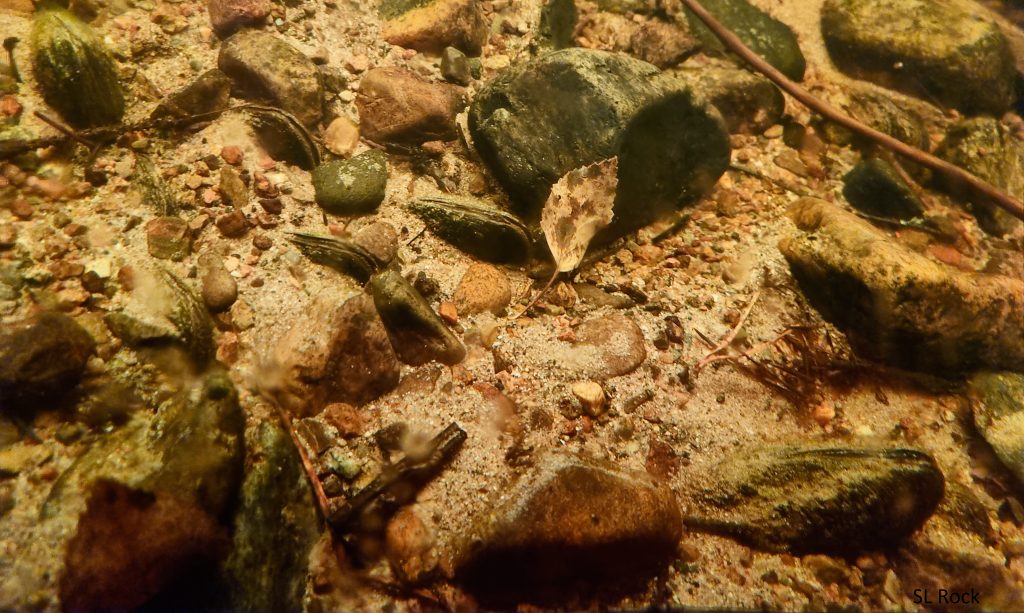
Whova!
This conference will be using a web browser and smartphone app called Whova for event and conference management. Whova is an award-winning app that helps attendees navigate the conference by providing an online program to view and bookmark all conference activities, allowing for social networking, conference gamification, and postings to meeting organizers, along with other conference resources such as abstracts, logistics, local information, etc. The Whova site for the conference will open 30 days before the start of the meeting so that participants can get excited and start planning for social events, business meetings, and presentations. Click below to get the official Whova event app now!

Organizing Committee
- Martin Österling – Committe leader, Karlstad University, Sweden
- Sebastian L. Rock – Karlstad University, Sweden
- Magnus Lovén Wallerius – Karlstad University, Sweden
- Raviv Gal – Karlstad University, Sweden
- Lea D. Schneider – The Rural Economy and Agricultural Societies, Halland, Sweden
- Ted von Proschwitz – Gothenburg Natural History Museum, Sweden
- Niklas Wengström – Swedish Anglers Association, Gothenburg, Sweden
- Alexander Gustavsson – Södermanland County Administrative Board
- Contact email – fmcs.karlstad@kau.se

Scientific Committee
- Martin Österling – Karlstad University, Sweden
- Nicoletta Riccardi – CNR – ISE, Italy
- Manuel Lopes Lima – CIBIO, Porto University, Portugal
- Tadeusz Zając – Institute of Nature Conservation, Polish Academy of Sciences, Poland
- Maria Urbanska – Poznan University of Life Sciences, Poznan, Poland
- David Aldridge – University of Cambridge, United Kingdom
- Alexandra Zieritz – University of Nottingham Malaysia Campus, Malaysia
- Ronaldo Sousa – Minho University, Portugal
- Karel Douda – Czech University of Life Sciences Prague, Czech Republic
- Anna Łabęcka – Jagiellonian University, Kraków, Poland
- Paz Ondina – University of Santiago de Compostela, Spain
- Jouni Taskinen – University of Jyväskylä, Finland
- Jürgen Geist – Technical University of Munich, Germany
- Mary Seddon – IUCN, Mollusc Specialist Group
- Vincent Prie – Institute of Systematics, Evolution, Biodiversity (ISYEB)
- Amy Maynard (president elect of the FMCS) – Neosho National Fish Hatchery, USA
- David Strayer – Cary Institute of Ecosystem Studies, USA
- Arthur Bogan – North Carolina Museum of Natural Sciences, USA
- John Pfeiffer – Smithsonian Institution, Natural Museum of natural History
- Carla Atkinson – University of Alabama, USA
- Megan Bradley (president of the FMCS) – Fish and Wildlife Service, USA
- Teresa Newton – U.S. Geological Survey in Wisconsin, USA
- Astrid Schwalb – Texas State University, USA
- Dan Hua – Tennessee Wildlife Resources Agency, USA
Questions?
